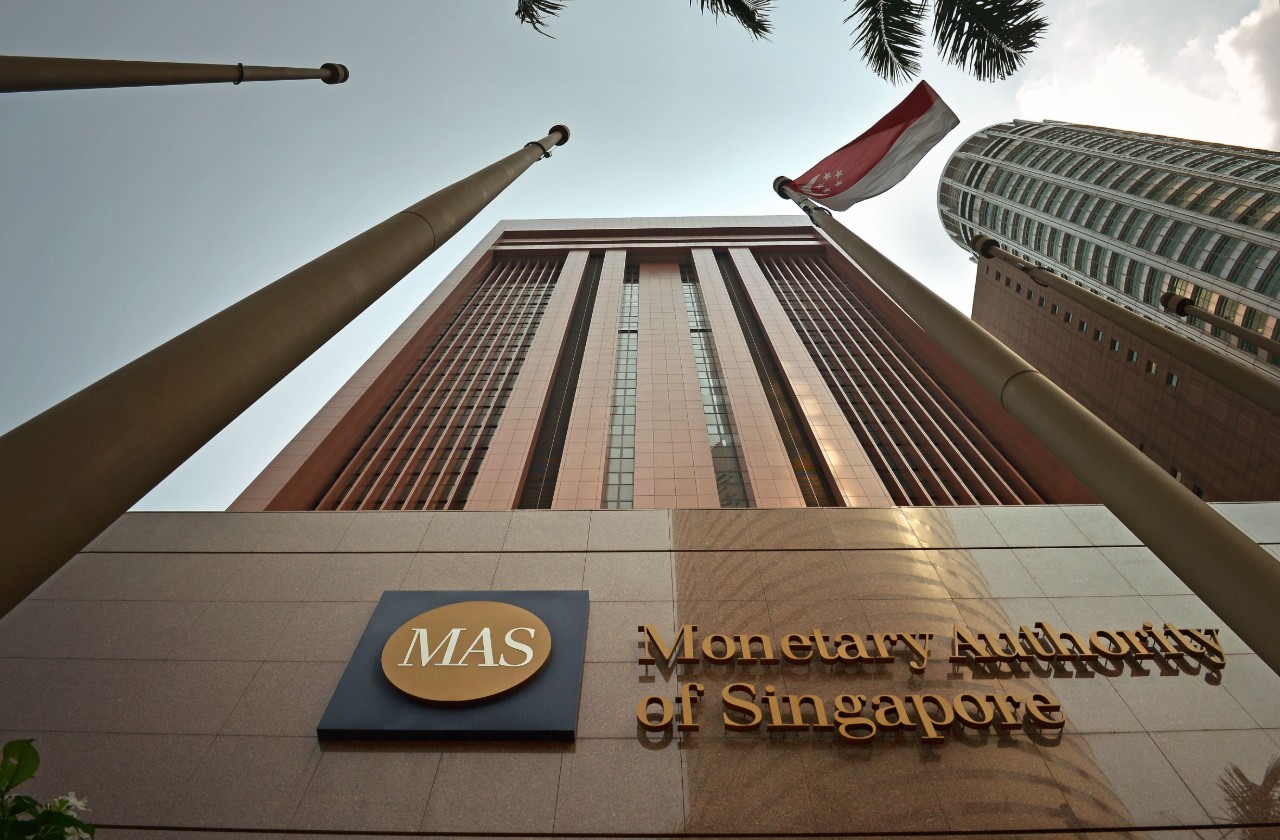(Singapore, Feb 5, 2020) The Monetary Authority of Singapore (MAS) said today that its monetary policy stance remains unchanged despite the ongoing spread of the 2019 Novel Coronavirus (2019-nCoV).
However, there is sufficient room within the policy band to accommodate an easing of the Singapore Dollar Nominal Effective Exchange Rate (S$NEER) in line with the weakening of economic conditions as a result of the outbreak of the coronavirus in China and other countries, including Singapore, the MAS said.
In October 2019, MAS reduced slightly the rate of appreciation of the S$NEER policy band.
 The S$NEER has been fluctuating near the upper bound of the policy band since then. There is therefore sufficient room in the band for the S$NEER to ease in line with any weakness in the Singapore economy in the coming months.
The S$NEER has been fluctuating near the upper bound of the policy band since then. There is therefore sufficient room in the band for the S$NEER to ease in line with any weakness in the Singapore economy in the coming months.
MAS is monitoring economic developments closely. The next policy review remains as scheduled in April 2020.
Yesterday, Mr Ong Ye Kung, Minister for Education, on behalf of Mr Tharman Shanmugaratnam, Senior Minister and Minister in charge of MAS, answered media requests concerning how climate change-related risks are being considered in financial policies.
Mr Ong said that MAS takes climate change-related risks seriously as a financial supervisor. Financial institutions are potentially exposed to such risks, because they provide financing and insurance services to businesses that can be impacted by a wide range of climate change-related events, including natural catastrophes.
There are also risks arising from changes to public policies, technologies, or consumer preferences that can impact businesses significantly. Climate change is therefore increasingly relevant to financial institutions, both because the risks will be on their balance-sheets, and because they will play a role in enabling their customers and the economy at large to make a transition – here in Singapore as well as abroad.
“MAS is in fact a founding member of the global Network for Greening the Financial System, which develops best practices for a more sustainable financial industry. Locally, we will be issuing a consultation paper on Environmental Risk Management guidelines for various financial institutions in the first quarter of this year,” said Mr. Ong, noting that MAS has already started to stress test for climate change-related risks.
“For example, in the 2018 Industry-Wide Stress Test, MAS subjected insurers to a scenario featuring extreme flooding, and they had to consider the impact of higher claims on their balance sheets arising from damage to insured properties,” he added.
He said the methodologies for stress testing climate change-related risk are still at a nascent stage, as international regulators recognise. And MAS is working towards incorporating a broader range of climate change-related risks in thematic scenarios as part of a future Industry-Wide Stress Test.





































